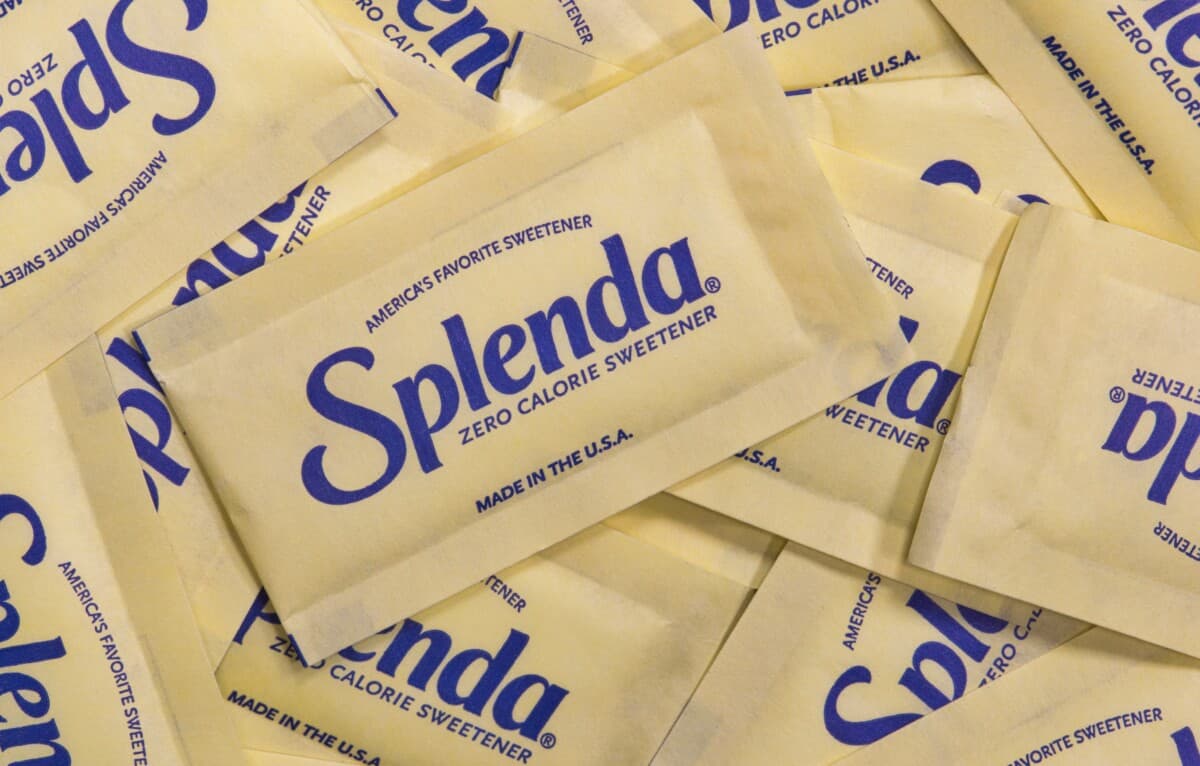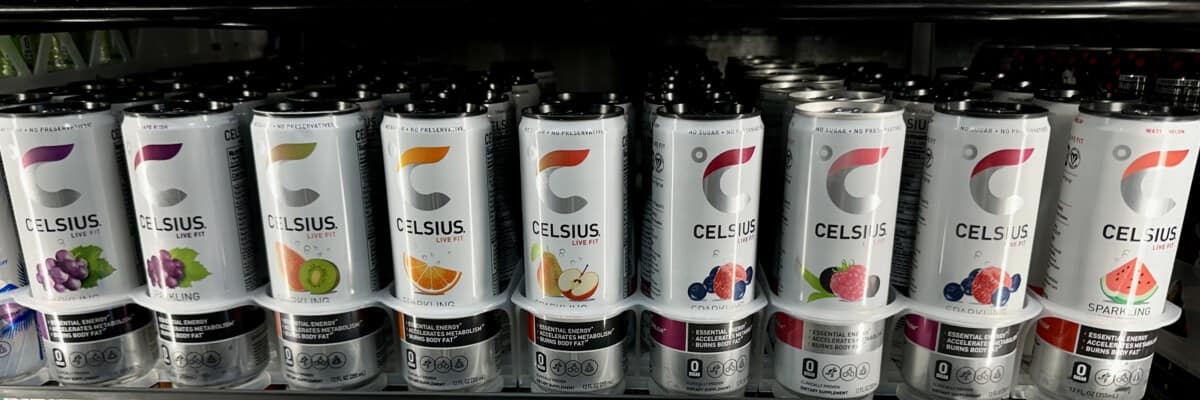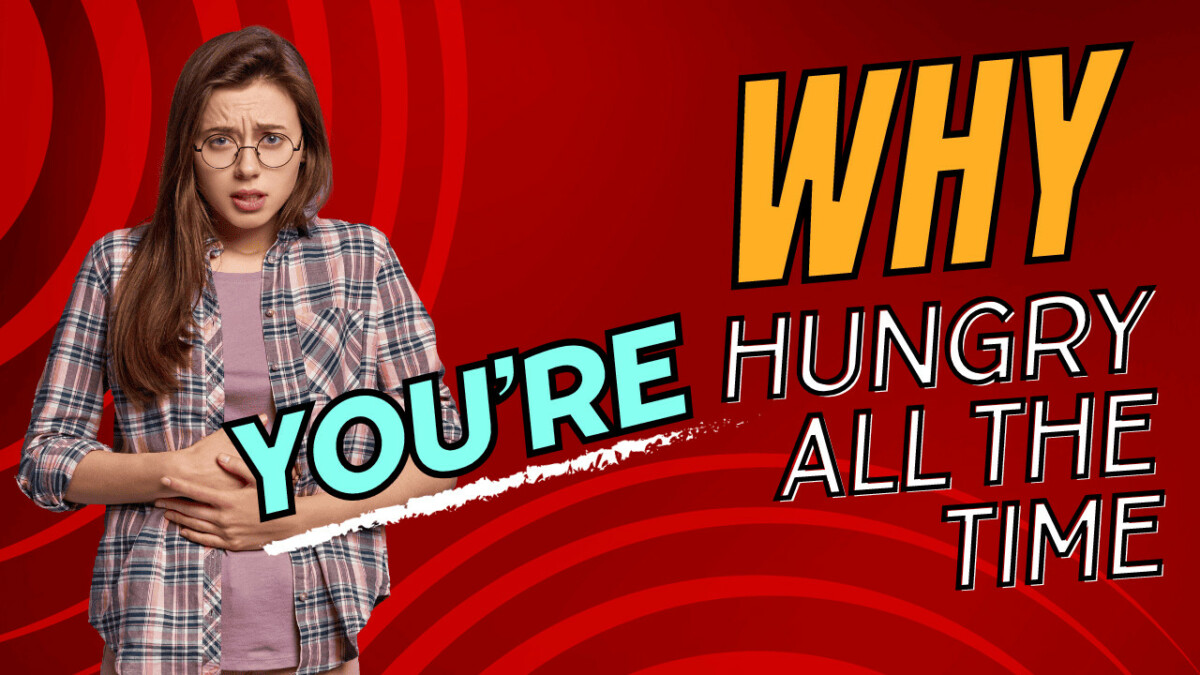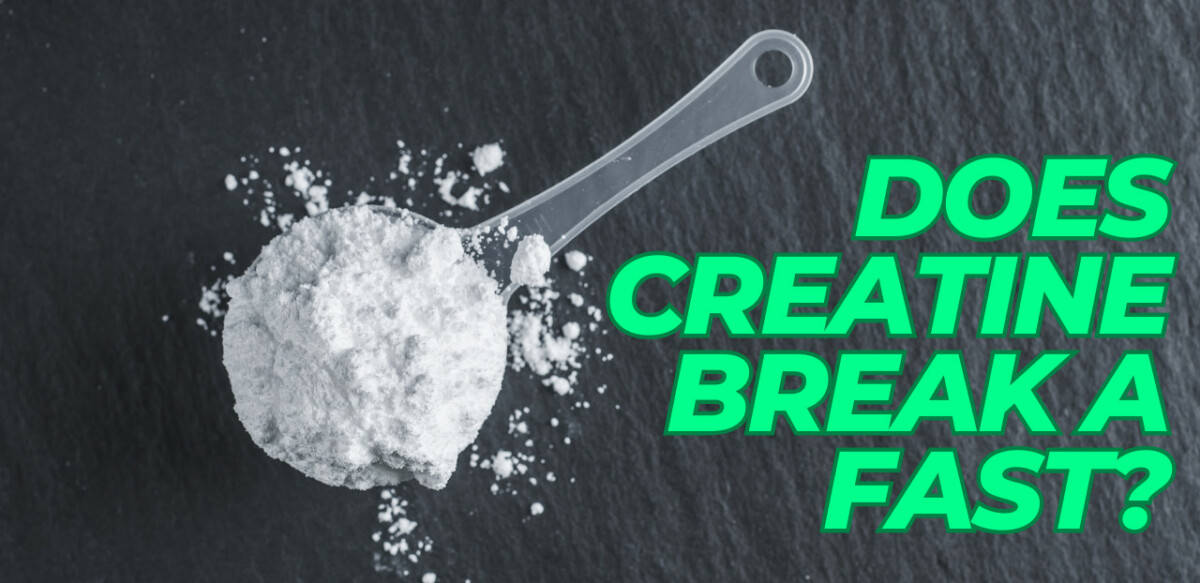So is sucralose bad for you or is all the negative hype around it nothing to worry about…
I know it can be confusing with all the mixed opinions on the internet whether or not sucralose is bad for you. You hear everything from people saying you can have as much as you want to those saying it’s pure poison.
32% of adults consume artificial sweeteners to get their sugar fix while supposedly helping to keep the weight off (1). It’s no secret consuming sugar leads to significant weight gain (2,3). Sugar consumption has become a big part of the obesity epidemic today and it’s clear why people are looking to sucralose to fill the void.
But is switching to sucralose just trading one bad thing for another? Crazy enough the Food and Drug Administration (FDA) did approve sucralose for human consumption on April Fool’s day in 1998 but today it’s permitted around the world (4).
Here you’ll uncover the truth about sucralose being bad or good for you with science-backed research. All the differing opinions out there will be put to rest.
Sucralose the Wolf in Sheep’s Clothing?
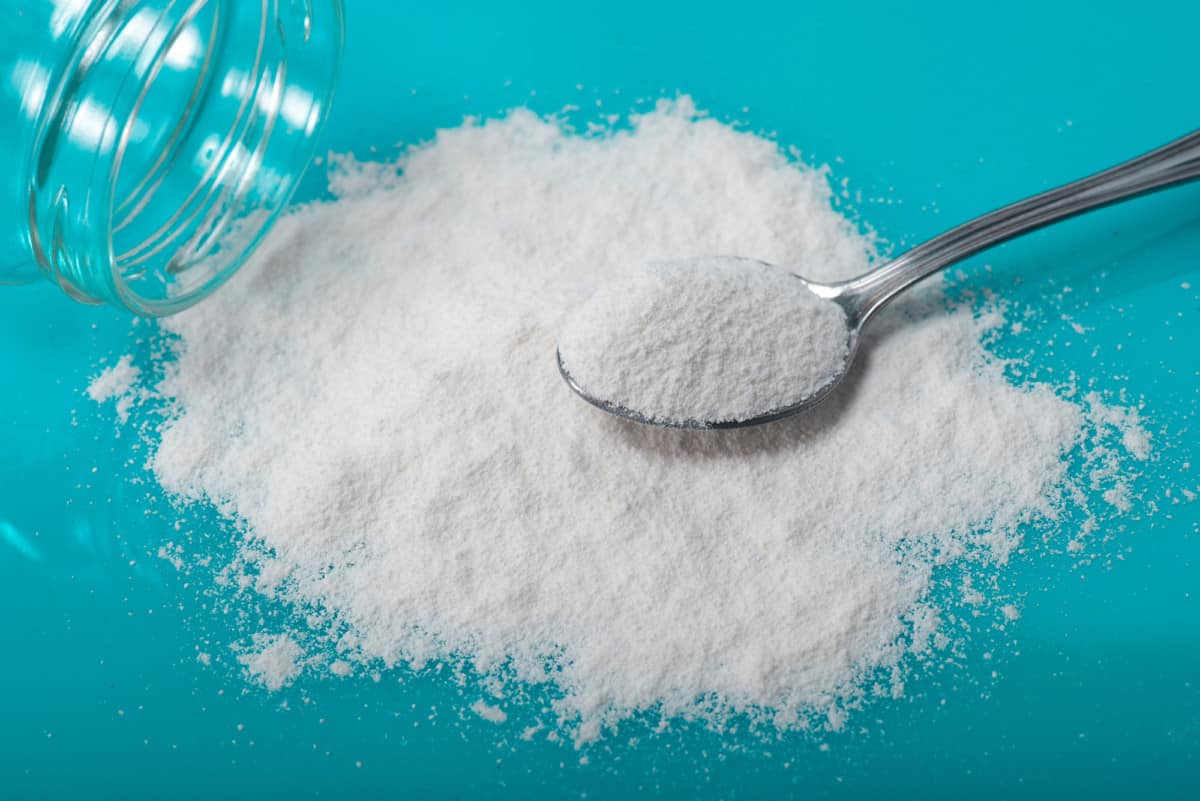
Now sucralose is 600 times sweeter than ordinary table sugar (5). Yet it contains zero calories because it’s not metabolized by your body. The majority of sucralose is thought to pass right through you and end up in the toilet (6).
Sucralose has been tested extensively like other sweeteners and found to be completely safe in moderate amounts (7). But is that the full story or are there nuances in consuming sweeteners like sucralose that could lead to health problems and weight gain…
Most skeptics of sweeteners like sucralose will tell you it’s not natural and made from chemicals. And they are right but that doesn’t mean it’s horrible for you. Sucralose is chlorinated sucrose meaning they replace 3 chemical bonds in table sugar and replace them with chlorine to make sucralose.
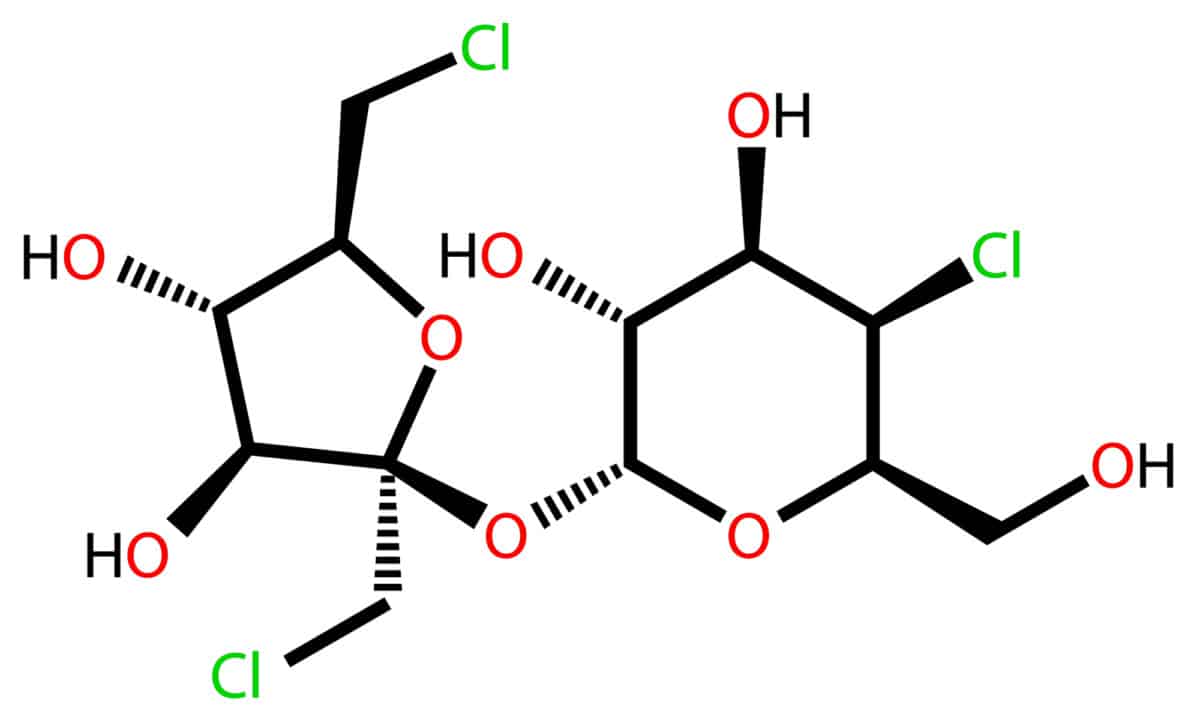
Yet many studies find sucralose consumption to be safe but there are also plenty of other studies finding the opposite. Even though sucralose isn’t supposed to lead to weight gain there is much evidence to the contrary (8,9). It’s also been found to cause cardiovascular problems, type 2 diabetes, increases in appetite, and impaired blood sugar and insulin responses (10,11,12,13). So if you thought drinking that diet soda was perfectly fine for your waistline you might have to reconsider.
The problem with sucralose is it can help lead to weight loss when used alone but there are many other side effects psychologically that can end up causing weight gain (14). Since sucralose is 600 times sweeter than sugar your body is expecting calories to come along with consuming it. But when no calories come in then your body from these sweeteners you’ll still crave these calories which could cause you to end up eating more in the long run.
Studies have found we also tend to overcompensate when we consume artificial sweeteners like sucralose (15). Since we know they’re zero calories we overcompensate by eating additional calories that you otherwise wouldn’t eat. And lastly, when you’re used to consuming super sweet sucralose it changes your food reward pathway causing you to crave more sweet foods in the long run (16).
How Zero-Calorie Sweeteners Like Sucralose Can Still Be Fattening
When you eat or drink foods that contain sugar your body is primed to spike your blood sugar and release insulin. Once sugar hits your tongue your body then proceeds to release chemicals to start breaking down these sugars. But problems could popup when the sugar never actually comes. You body can start to become “confused” as to why there isn’t any sugar coming in even though you’re eating something that’s 600x sweeter than sugar.
This could lead to insulin problems since your body won’t know what to do. Why isn’t there an increase in blood sugar? Should it release insulin this time or not? It can throw off this delicate hormonal and chemical balance in your body in response to sweet foods (17). Think of yourself eating a lemon… at first, your mouth starts to salivate in response. But the more you think about it the less your mouth will continue to salivate.
This is one of the hypotheses of weight gain from consuming artificial sweeteners. Since you’re not getting the sugar from the foods and drinks you’re consuming it could instead start holding onto the calories from the rest of the foods you’re eating. This is why you’ll tend to still crave foods to eat after consuming sucralose when you otherwise wouldn’t with consuming actual table or fruit sugar (18,19).
Studies are finding consuming artificial sweeteners like sucralose could ultimately lead to increases in weight, BMI, and waist circumference (20). Not to mention studies have found these chemical sweeteners can cause other serious health problems like high blood pressure, type 2 diabetes, and metabolic syndrome (20). Artificial sweeteners are so sweet that they still encourage sugar cravings and dependence (21).
Sugar has been known and found to be as addictive as drugs. The food reward pathway in your brain gives you a dopamine hit every time you eat sugar making you on pair with a drug addict (22). Our bodies are wired to like sweet and savory foods as they were a great source of energy for your ancestor’s bodies. This helped with survival but nowadays consuming too many overly sweet foods can overstimulate the brain to the point we need more and more to meet this tolerance (23).
Studies have found since there aren’t any calories being consumed with sucralose you won’t end up feeling as full afterward (24). And since there was a lot of sweetness in the sucralose you just consumed but no calories then it’ll only activate a part of your food reward pathway. Then if you’re not totally satisfied you could easily end up craving to eat more and more. If you’re craving sugar but ends up getting fake sugar instead then it could respond by demanding you eat more. This rewiring of your neurochemistry is the real reason why sucralose could end up causing you to gain weight.
Sucralose Can Srew Up Your Gut
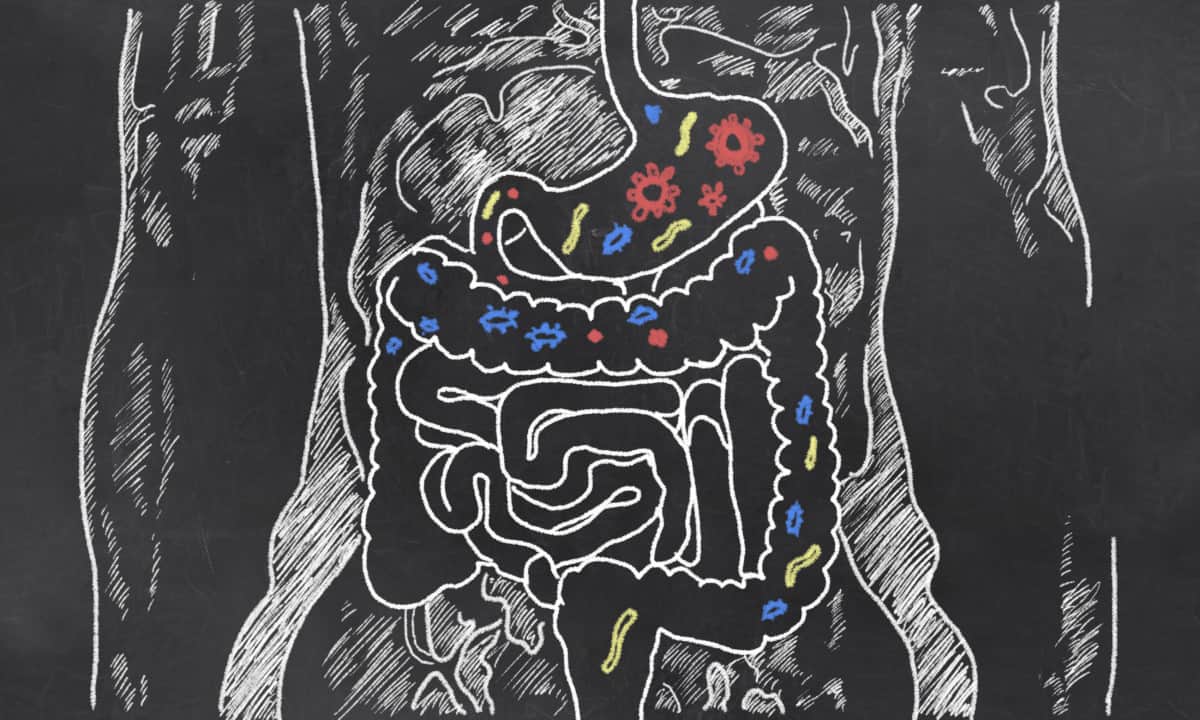
Your gut health plays a major role in keeping excess weight off you as well as the strength of your metabolism. Studies have found an unhealthy gut has been linked to metabolic syndrome (25). This means your metabolism isn’t efficiently able to burn off calories and fat for fuel.
Like said earlier your body isn’t supposed to be able to digest a sweetener like sucralose which is why it doesn’t contain any calories. And it’s true that you can’t metabolize artificial sweeteners because you lack the enzymes needed. But there are bacteria in your gut that might be able to metabolize sucralose which could lead to negatively impacted gut health (26).
An animal study found 12 weeks of consuming sucralose lead to serious negative effects on gut bacteria. There was a reduction in beneficial bacteria as well as changes in pH (27).
Another review study found consuming sucralose lead to alterations of the gut microbiome in mice. The researchers found sucralose consumption could cause increased inflammation (28).
They found even though most of the sucralose passes through the gut without being absorbed it can still mess up your healthy gut bacteria leading to inflammation. Chronic inflammation has been linked to weight gain, obesity, and metabolic disorders in people (29).
Consuming these artificial sweeteners can screw with your glucose tolerance and thus alter your gut bacteria for the worse (30,31).
Sucralose + Carbs = Not Good

Whatever you do just make sure you’re not combining sucralose with carbohydrates. This can create an unhealthy combination. Keep in mind Splenda uses sucralose in combination with two carbs called maltodextrin and dextrose.
A study by Yale University found those consuming sucralose together with carbs could increase your risk of weight gain and type 2 diabetes (32).
But those consuming sucralose alone didn’t end up gaining any weight. Yet when you added carbs to the sucralose may cause an abnormal blood sugar and insulin response. This can negatively impact how well your body and brain can handle sugar. And then you can handle this insulin response the more weight you’re likely going to gain.
The Food and Drug Administration has approved sucralose to be used in high temperatures such as when you’re baking goods. But recent studies have found this sweetener could form harmful compounds when heated to high temperatures (33).
So how can you eat sucralose without gaining weight?
I’d first of all try to only consume sucralose without anything else. If you need it in your morning cup of coffee or an energy drink while you’re fasting then you’ll be better off consuming it then rather than when you’re eating a sandwich for lunch.
Make sure you’re limited and measuring the food you’re eating throughout the day so you’re not overcompensating later. Since your body is expecting calories to be coming in with the sweetness of the artificial sweetener it could easily cause you to want to overeat.
And lastly, I’d recommend limiting your consumption. The problem psychologically with consuming a super sweet artificial sweetener like sucralose may cause you to crave more and more sugar. Then next thing you know you’re consuming more artificial sweeteners to satisfy your food reward pathway and get your sweet “fix.”
Is sucralose worse than sugar?
At first glance, it seems like sucralose is better for you than consuming sugar. But when you start to look the deep nuances that come with consuming an artificial sweetener then you could easily end up gaining as much weight as you would with sugar. There are side effects that come with consuming sucralose even though it doesn’t contain any calories.
But if someone put a single can of regular soda and a can of diet soda in front of me I’d probably pick up the diet one if I’m trying to lose weight. It’s a slippery slope but with all things being equal it’s probably better to drink the diet soda even though it could easily lead to problems down the road.
The Last Word
In the end, you’re going to have to go with your “gut” to find out if sucralose is going to work for you. Everybody is different to some degree. If you’re fit and healthy then consuming a little sucralose isn’t going to kill you. But if you’re obese, diabetic, and have metabolic syndrome then consuming artificial sweeteners might not be the best thing for you.
Some people have even experienced severe migraines and headaches after consuming sucralose (34,35).
I personally try to really limit my consumption of sucralose or any other sweetener to once or twice per day. I’ll instead go with stevia which is a safer alternative. You can take both sucralose and stevia if you’re on keto. But I go so far as to find a low-carb protein powder that contains stevia instead of sucralose. You can check out more of my favorite natural sugar substitutes too.
But if you do consume sucralose make sure you’re protecting your gut. The health of your gut plays a major role in your mood, immune system, metabolism, and more. This is why it’s critical to make sure your gut health is on point by taking a greens supplement daily.
So at the end of the day, sucralose itself isn’t really horrible for you but it’s also not good for you either. If you’re able to limit your consumption and control the rest of the foods you eat then you could have a little bit a day without a problem. And if your gut health is iron-strong then that’s also going to help if you’re consuming sucralose. Just make sure getting your sweet “fix” isn’t going to lead to problems down the road.
Josh holds a Bachelor’s degree in Exercise Physiology and Nutrition Science. He’s a Certified Strength and Conditioning Specialist (CSCS) by the National Strength and Conditioning Association and he’s a Certified Personal Trainer (CPT) by American Council on Exercise. He’s worked as a Strength and Conditioning Coach at the high school and college levels. He has over 15 years of experience as a personal trainer and nutrition coach. He strives to bring inspiration and results for people to live healthier lives through smart diet and exercise.


